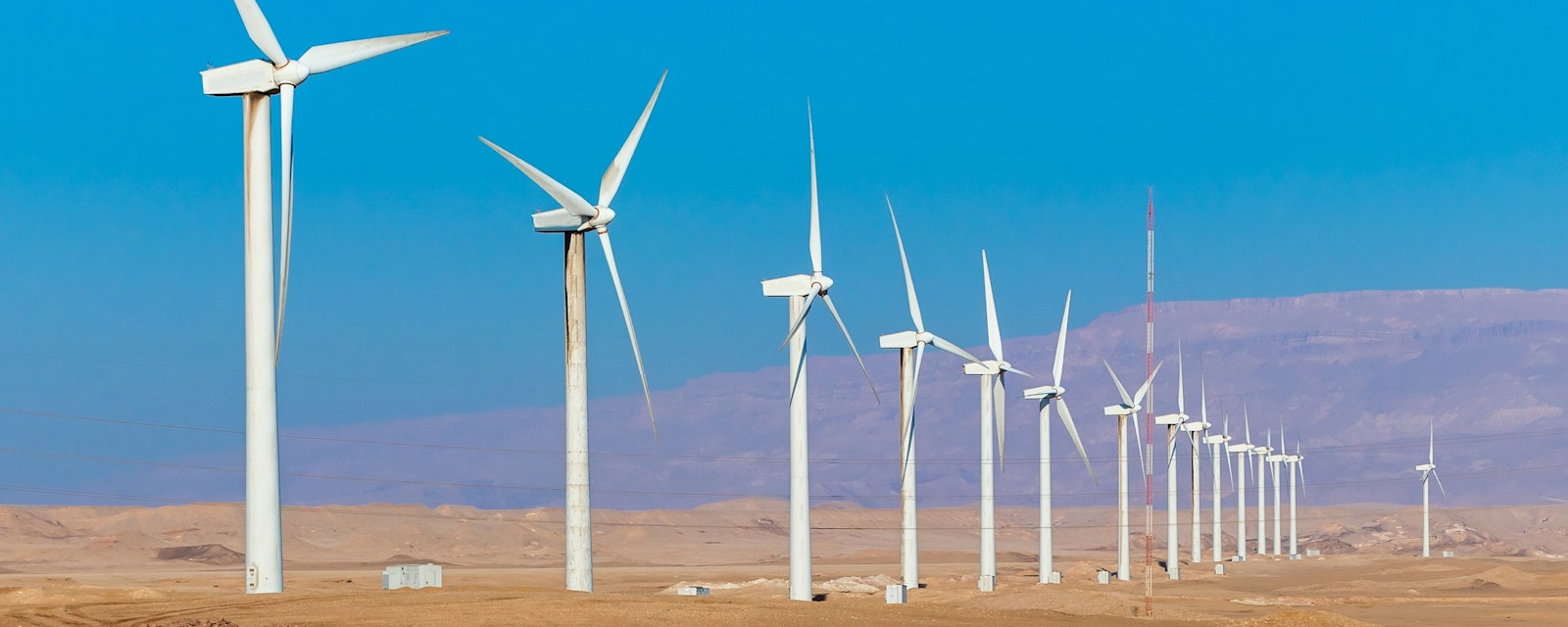This spotlight explores key ESG-related market developments and their implications for corporates and investors.
ESG in the News
The Institutional Investors Group on Climate Change (IIGCC) – a group representing over 400 global institutional investors – and 36 members, mostly consisted of European asset managers, called on proxy advisor Institutional Shareholder Services (ISS) to issue guidance to clients that recommends companies increase the pace of decarbonization plans. Edward Mason, IIGCC Chair of Proxy Advisor Working Group, noted there was “frustration about the pace of change” at ISS, saying they want more robust climate proxy voting recommendations. The investors also urged ISS to accelerate progress in board accountability, the treatment of shareholder resolutions, and its alignment with the Climate Action 100+ Net-Zero Company Benchmark. IIGCC’s letter follows the release of ISS’ Annual Benchmark Policy Survey, a key component of the group’s annual policy development process regarding potential ISS policy changes for 2024 and beyond.
- Teneo Takeaway: While ISS faces escalating efforts to push the group to take a tougher stance on climate, the proxy advisor must also consider how U.S. asset managers view financial materiality as well as the U.S. Republican attorneys’ general attack on their voting recommendations. ISS’ annual survey – scheduled to close on September 21, 2023 and informs 2024 policy changes – may leave both ESG proponents and opponents unsatisfied.
A group of responsible investors urged the International Sustainability Standards Board (ISSB) to prioritize researching human capital and human rights disclosure standards in its upcoming two-year work plan. The investors cited a study from the University of Hamburg that identified “a virtuous circle between corporate social performance and corporate financial performance,” and posited that investor demand for better workforce data and related issues “is at an all-time high.” Significantly, the investors also suggested that the ISSB consider human capital and human rights together, as both disclosure frameworks already consider concepts like unionization and diversity and inclusion.
- Teneo Takeaway: Investors are increasingly focused on comprehensive “social” disclosure standards. Companies with robust social disclosure frameworks, including human capital and human rights disclosures, will be best prepared as global standards continue to develop.
Vanguard narrowed support for environmental and social shareholder proposals in the 2023 proxy season, backing just 2% compared from 12% in 2022. Like BlackRock, the asset manager cited “overly prescriptive” and overreaching proposals that sought “specific actions from companies including changes in strategy or operations.” Notably, Vanguard voted in favor of 94% of ESG proposals that were put forth by company management. New York City comptroller Brad Lander said that reduced support for ESG shareholder proposals was a capitulation to a “misinformed and shortsighted war against ESG at the behest of special interests.”
- Teneo Takeaway: The decreased support for ESG shareholders in 2023 underscores Vanguard’s focus on appropriateness and financially materiality, not necessarily its decreased focus on ESG issues generally.
In a letter to UK Prime Minister Rishi Sunak and other UK leaders, UK institutional investors indicated continued commitment and support of meeting the country’s net zero goals. The group of investors, representing £1.5 trillion in assets under management, expressed concern at the government’s recent policy signals on climate and net zero that “risk undermining the UK’s leadership in the clarity, certainty, and confidence of policymaking.” The investors urged Sunak to ensure that the UK remains at the forefront of the global transition to net zero, allowing the country to gain both “short and long-term economic benefits.”
- Teneo Takeaway: The investors believe that with long-term policy certainty, the financial sector could help drive capital towards British companies and create 1.7 million jobs.
The European Financial Reporting Advisory Group (EFRAG) found that the draft European Sustainability Reporting Standards (ESRS) achieved a “high level of interoperability” between GRI standards in relation to impact reporting. The group said that existing GRI reporters will be prepared to report under the ESRS given many shared disclosures and high level of alignment. Both EFRAG and the GRI will continue to consider how to enhance their technical cooperation in the future, including on digital taxonomy and a multi-tagging system for their respective standards.
- Teneo Takeaway: Both companies and investors are hopeful that various international reporting standards and frameworks eventually morph into one standard, However, while there may be a fair amount of overlap, expect multiple disclosure standards to continue to exist, at least in the short-term.
The European Securities and Markets Authority (ESMA) said that a surge in money going into biodiversity funds warrants increased monitoring to avoid greenwashing. While biodiversity funds remain a small fraction of Article 8 and 9 funds – EU registered funds focused on ESG investment – the ESMA expects a rapid increase in biodiversity-related products over the next years. A recent report from Sustainable Fitch found an increased prioritization of biodiversity with more companies integrating “nature positive” biodiversity investing into ESG strategies. Nature positive practices include supporting projects such as reforestation, regenerative agriculture, and conservation efforts, among others.
- Teneo Takeaway: Rising policy attention to biodiversity has sparked investor interest in biodiversity funds. Both regulators and industry groups, like Nature Action 100 Initiative, are pushing for more standardized biodiversity or nature-based targets.
They Said It: ESG Influencers Speak Out
At Africa’s first climate summit Kenya’s special climate envoy Ali Daud Mohamed said, “This summit is about presenting the opportunities and the potential that the continent of Africa has in developing in a climate-positive trajectory whilst contributing to the overall global decarbonization agenda ... the summit represents a pivotal moment for the continent and marks the convergence of African leaders and stakeholders committed to addressing the growing climate crisis.”




